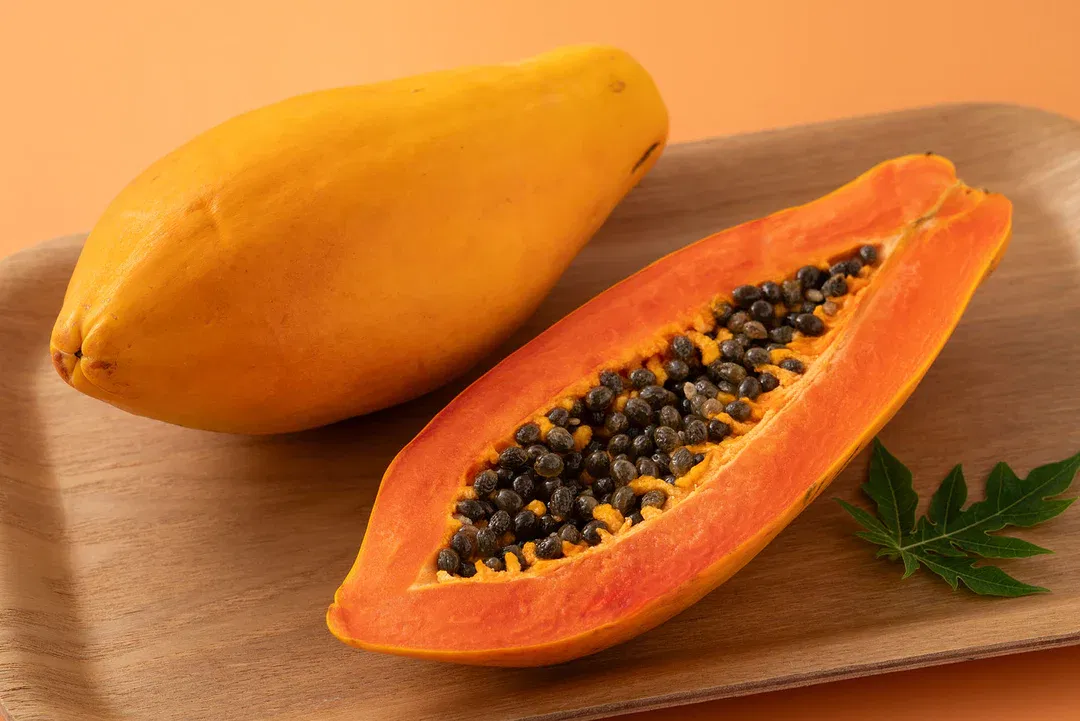4. Helps control cholesterol
Its fibers reduce LDL (bad) cholesterol and its antioxidants reduce the accumulation of fat in the arteries.
5. Protects vision
Consists of lutein, zeaxanthin and beta-carotene, which prevent cataracts and macular degeneration, and enhance night vision.
6. Controls bl00d sugar levels
It has a low glycemic index and its fiber helps slow down glucose absorption, making it suitable for people with diabetes.
7. Fights chronic inflammation
Thanks to its anti-inflammatory compounds, it is beneficial for reducing silent inflammation that affects joints and internal organs.
8. Encourages bones
Offers vitamin K, calcium and magnesium, key nutrients to prevent bone loss and osteoporosis.
9. Accelerates healing
Its vitamin C content helps form collagen, accelerating the repair of damaged tissues.
10. Improves mood and reduces stress
Thanks to tryptophan, B vitamins and magnesium, it enhances the production of serotonin, promoting emotional balance.
5 dangerous mistakes when eating papaya

1. Eating overripe or fermented papayas.
They may consist of toxins or irritating compounds. Avoid papayas with a strong odor, dark spots, or a mushy texture.
2. Throw away the seeds.
Seeds have antiparasitic and digestive properties. They can be consumed in small amounts, thoroughly chewed or blended.
3. Eat it after heavy meals.
Eating too much of it after a heavy meal can cause gas and bloating. It’s best to eat it between meals or on an empty stomach.
4. Eating raw green papaya.
Green papaya contains latex, which can be toxic if eaten uncooked. It should only be eaten cooked.
5. Failing to recognize a potential papain allergy
Some people may be allergic to this enzyme. If you have a history of allergic reactions, it’s best to avoid it.

